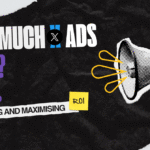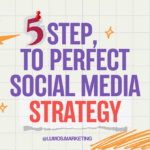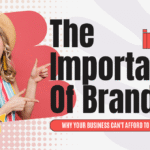- Lumos Marketing 💡
- Blog
- The True Cost of a Startup Website in 2025
The True Cost of a Startup Website in 2025
- Lumos Marketing
- June 23, 2025
-
- 0





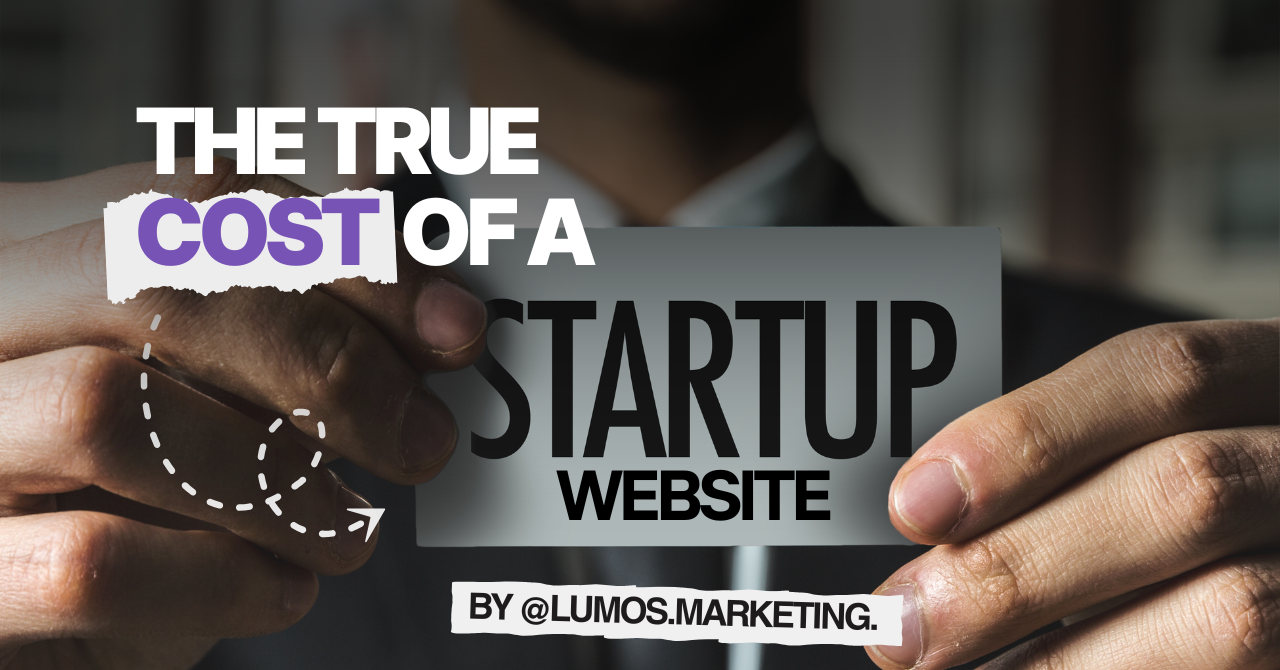
A no-fluff breakdown of how much you’ll actually spend launching your business website this year.
If you’re launching a startup in 2025, your website will be one of your biggest early investments. But how much should you really budget for? This blog dives into every cost factor, from domain names to pro design. Whether you’re bootstrapping or going all-in, we’ve got you covered.

Why Your Startup Website Matters More Than Ever
In today’s digital-first economy, your website isn’t just a business card—it’s your storefront, your pitch deck, and your best salesperson. In 2025, customers expect slick, fast-loading, mobile-friendly websites that look as credible as the service they’re promoting.
Having no website (or worse, an outdated one) instantly casts doubt on your legitimacy. Whether you’re selling a product, booking services, or raising brand awareness, your online presence matters more than ever. First impressions count, and in this digital age, they happen online.
At Lumos Marketing, we see this every day. Startups with sharp, strategically designed websites get more enquiries, more trust, and more traction. We believe every startup should have access to high-quality digital services—without sky-high agency pricing. That’s why we’ve built our offering around affordability, with website packages starting from just £300.
What’s Included in a Website Build Today?
A basic website in 2025 involves far more than just a few pages with your logo on top. Here’s what you should expect from a standard startup website build:
Essentials Included:
- Custom domain registration (like yourbrand.co.uk)
- Professional email integration (e.g. hello@yourbrand.co.uk)
- Homepage with clean navigation
- About and service/product pages
- Contact form with enquiry tracking
- Mobile-first responsive design
- Speed-optimised build (essential for Google rankings and user experience)
- Basic SEO best practices (title tags, meta descriptions, H1s, alt text)
- CMS access for self-updates (WordPress, Webflow, Shopify, etc.)
Add-Ons That Boost Performance:
- Copywriting and SEO content strategy
- Custom branding and logo design
- Newsletter sign-up forms and CRM integration
- Booking tools, chatbots, ecommerce plug-ins
- Advanced security features (SSL, firewalls)
- Google Analytics, GA4 or Search Console set-up
The difference between a basic and professional site usually lies in user journey design, conversion optimisation, and scalability. A website isn’t just about how it looks—it’s how it works.
How Much Does a Website Cost in 2025?
Pricing varies massively depending on how you build your site. Let’s break it down:
DIY Website Costs in 2025
If you’re bootstrapping, platforms like Wix, Squarespace, and Shopify offer decent templates and ease of use. Expect to pay around £100 to £500/year, including:
- Hosting and domain (usually bundled)
- Template/theme use
- Some basic plugins
- SSL security
However, these tools often require a learning curve and don’t offer the level of performance or polish a professional site can. You’re also more likely to hit limitations when your business grows.
Hiring a Freelancer
Freelancers are great for mid-budget projects, especially if you’re looking for a semi-custom design. Rates in 2025 range from £400 to £1,000, and may include:
- 3–5 static pages
- Responsive design
- Light SEO
You’ll need to be hands-on with content and provide a clear brief. Quality can vary, so always check portfolios and reviews.
Working with an Agency (Like Lumos Marketing)
Most agencies charge between £750 to £2,500+ for startup websites. At Lumos Marketing, we believe in being different. Our startup-friendly website packages start at just £300.
We’re able to offer more affordable pricing without compromising on quality by:
- Working with our remote expert team based in Pakistan and the Philippines
- Streamlining our process to save time and reduce cost
- Offering flexible add-ons so you only pay for what you need
You still get the benefits of an agency—goal-focused design, strong SEO foundations, and ongoing support—but at a price that works for your early-stage budget. We’re here to grow with you.
What Hidden Costs Should You Expect?
Beyond the visible build costs, here are additional fees to budget for:
- Domain renewals: Typically £10–£20 per year
- Premium plugins: Booking systems, advanced SEO, ecommerce tools (anywhere from £30 to £200/year)
- Copywriting: If you don’t write it yourself, budget £150–£500+ depending on word count and expertise
- Stock images: Royalty-free or premium photo licenses can add £5–£50 per image
- Ongoing maintenance: Whether monthly or ad hoc, expect around £25–£100/month
- Email tools: Google Workspace or other providers may charge £5–£15 per month
At Lumos, we’re upfront about all potential extras and offer a cost breakdown before you sign off. Transparency is part of our mission.
What’s the ROI of a Professionally Built Site?
This isn’t just a cost—it’s an investment. A well-designed site converts better, builds trust faster, and ranks higher on Google.
Here’s how a high-quality site pays you back:
- Higher conversion rates from visitors thanks to clear CTAs and better UX
- Improved Google rankings, which means more organic traffic
- More time saved, since fewer prospects need hand-holding
- Increased customer trust, especially if your niche is competitive
- Easy scalability, so you can add features as you grow
We’ve seen our clients recoup their web investment within 2–3 months through increased leads and sales. That’s the power of a smart build. And when you start with a partner who wants to grow with you, that ROI keeps building.
Frequently Asked Questions
Below, we address common concerns to ease your worries and help you plan confidently, building on the insights above.
How much should I budget for my first business website?
Most startups should plan between £300 and £2,000, depending on their goals and who builds it. Lumos Marketing offers packages starting from just £300.
Can I build a startup website myself for free?
It’s possible using free builders, but you’ll face branding limitations, slower site speed, and almost zero SEO value.
How long does it take to build a website in 2025?
Anywhere from 2 to 6 weeks. DIY can take longer due to the learning curve, while agencies may move faster with a set timeline.
Is a professionally built website worth it for a new business?
Yes—especially if you want fast results, better branding, and a strong first impression. It saves time and delivers faster ROI.
Can Lumos Marketing help with both the website and monthly marketing?
Absolutely. We offer bundled startup packages that include web design, SEO, PPC, content marketing, social media, and more—all tailored for early-stage budgets.
